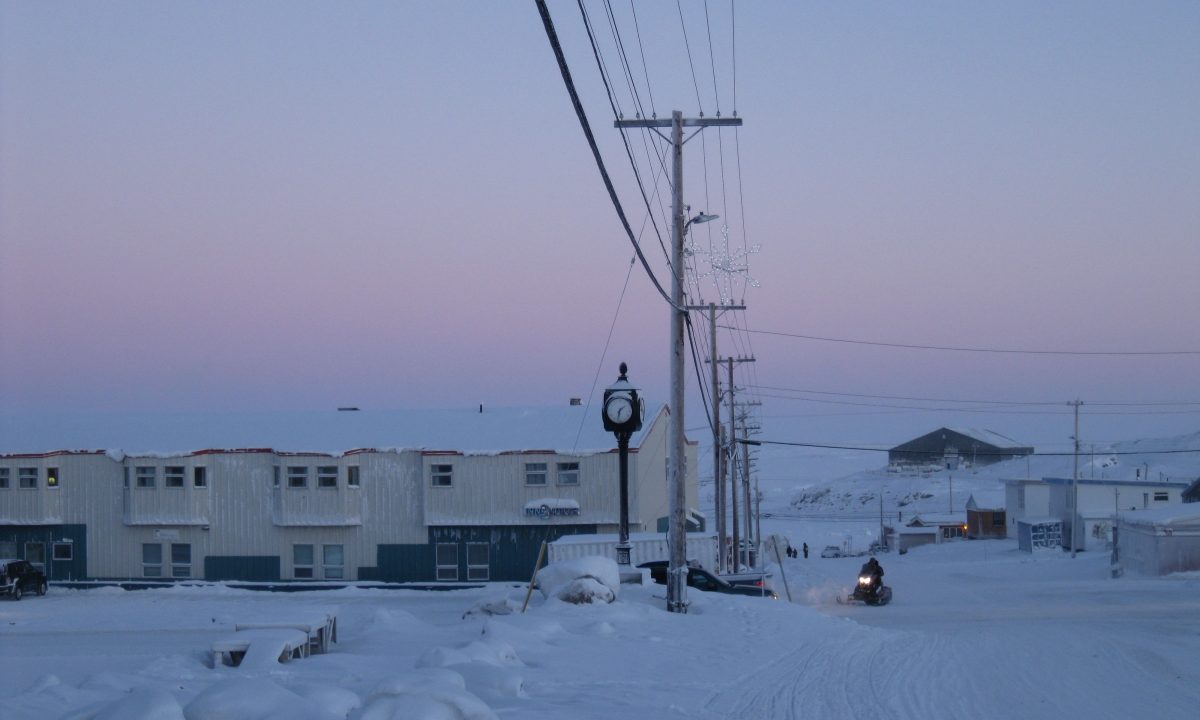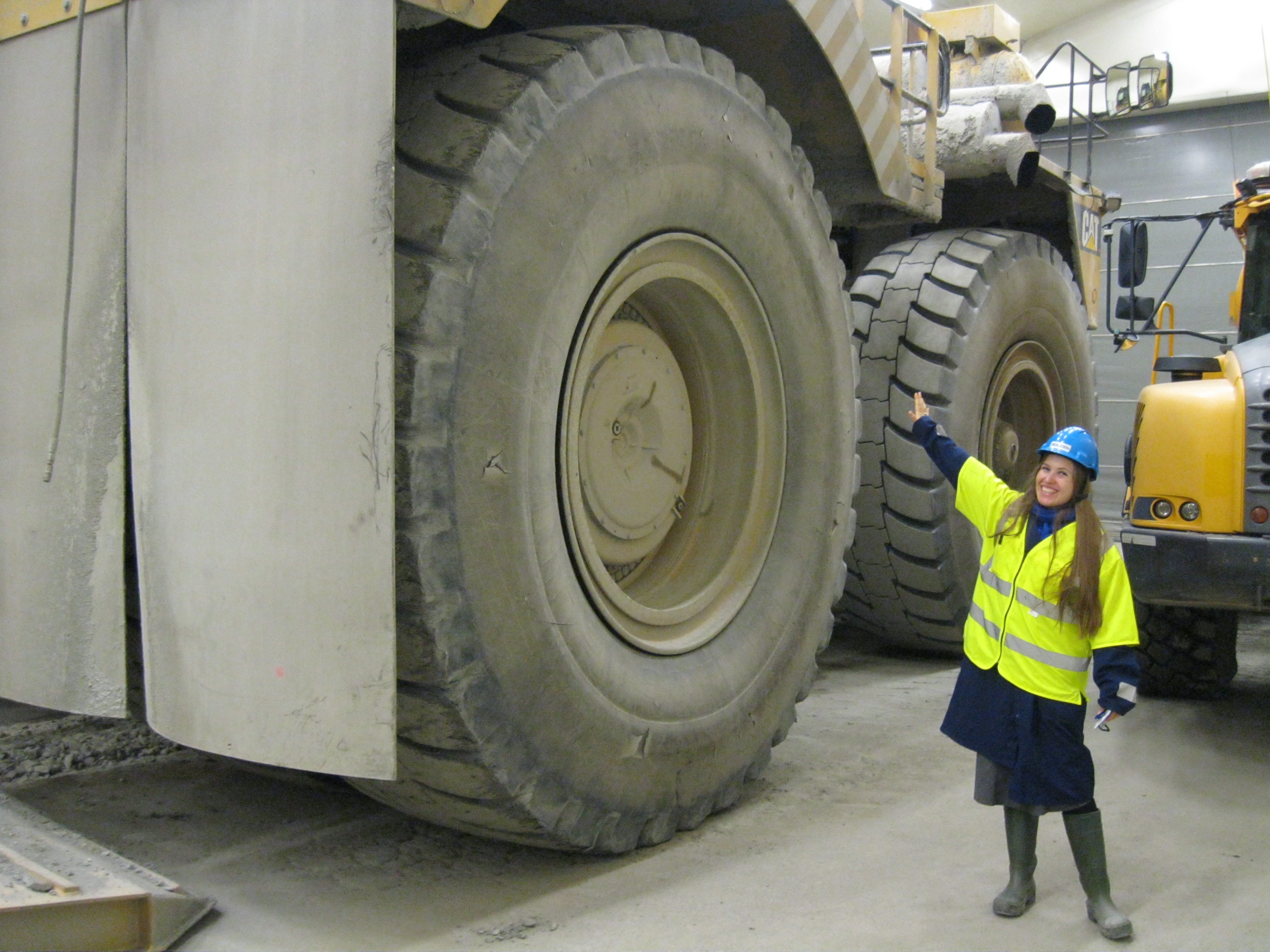Meet REXSAC PhD students: Jasmiini Fransala
Discover the eleventh episode of our Q&A series with REXSAC PhD students. This time meet Jasmiini Fransala, a Cultural Anthropology PhD Candidate at the University of Oulu who conducts interdisciplinary research on social justice challenges in the Arctic. Her PhD project focuses on fairness in the distribution of risks and benefits of mining – and how cultural change is connected to these developments.
What drew you to the area/topic of your studies?
It has been my long-term research aim to understand how the common good is negotiated and contested within and between different societies and cultural communities. Early on I also became interested in these matters in the context of natural resource use and governance, because this is an area where “public” and “private” interests often intersect and collide. I have previously studied political science, economics and business administration, but within those fields I always felt that an important “piece of the puzzle” was missing. Finally, by embarking on anthropological research with the help of the REXSAC consortium, I have been able to connect the dots between the political, economic, ecological and cultural aspects of the matter. Based on these experiences, I believe that without ethnographic insights – without engaging with local people in the context of their everyday lives – it is really difficult for researchers to understand local realities and challenges in the Arctic. Of course, not every research project can include long-term fieldwork periods away from home. However, I do believe that it is important to gain these kinds of insights at some point of one’s research career, and I was fortunate in getting the opportunity during my PhD studies. I left my home region in Finland for a longer research visit in Canada, which also included an extended fieldwork period in the Kivaliq region of Nunavut. Leaving my home turf really helped with gaining a deeper understanding of some of the differences (and similarities!) there are with social justice challenges in different parts of the Arctic.
What are the objectives of your work?
I explore how local people living near expanding mining developments weigh socio-cultural impacts and environmental risks of these extractive activities against their possible benefits. Why do certain practices of distributing risks and benefits of mining feel fair while other practices do not? Do some practices feel fair at first, but not fair later – why? Are there generational differences in how local people approach these questions?
In my study I focus especially on women’s perspectives, including how these developments have impacted women’s everyday lives and the choices they make. This is an area which has often been neglected in northern research dealing with mining and other extractive developments.
The overall aim of my study is to make more research-based knowledge available for policy-makers, so that they can plan and implement policies that empower northern women and their families, in this era of rapid cultural and climatic changes.

How does it support the objectives and work of REXSAC?
Understanding better local people’s approaches to the impacts of mining – including people’s hopes and expectations for community and individual benefits – contributes to the overarching REXSAC research question 1 (“How and why does resource extraction commence?”). Furthermore, my examination of how local women’s lives have been impacted by mining developments, and what worries women have concerning the environmental risks of these developments, supports answering the REXSAC research question 2 (“What consequences does resource extraction have for communities and environments in the Arctic and beyond?”). Finally, regarding REXSAC research question 3 (“What opportunities exist for transitions to post-extractive futures?”), my exploration of local people’s approaches to social justice provides insights on what needs to be considered when envisioning fair post-extractive futures.
Logistically, my research is part of the REXSAC research task 2 (Impacts of multiple pressures on Arctic landscapes and societies), and also relevant for research tasks 4 (Transnational companies, indigenous peoples – the politics of Arctic mining) and 5 (Affective economies: How are places, communities and identities constructed?).
What has been your learnings or reflections from the REXSAC field-based coursework?
Comparative insights gained from REXSAC field-based courses have been extremely useful. None of us PhD students could have done full-scale fieldwork in so many different Arctic communities and countries, and yet, with the help of the REXSAC field-based courses (normally lasting for a week or so), we were able to visit and gain important insights on multiple Arctic localities. Furthermore, taking these courses together with students from different fields – and having course instructors who represented different disciplines and specializations – has really helped with looking at our research questions from interdisciplinary perspectives.
What are your career aspirations?
I feel that my Arctic research journey has only just began. I have learned so much during this process that it is impossible to fit everything into one PhD thesis in a meaningful way. I also wish I had more time to engage in teaching, mentoring and outreach efforts. Therefore, I hope to be able to continue this work by doing a post-doc, with comparative, collaborative and interdisciplinary dimensions included.
Twitter: @JasmiiniF

REXSAC PhD candidate Jasmiini Fransala
Related Posts by Author
Blog published in AntroBlogi: “Letters from the field: Searching for a sense of snow and ice”
How can research plans and findings be communicated to a diverse audience?




